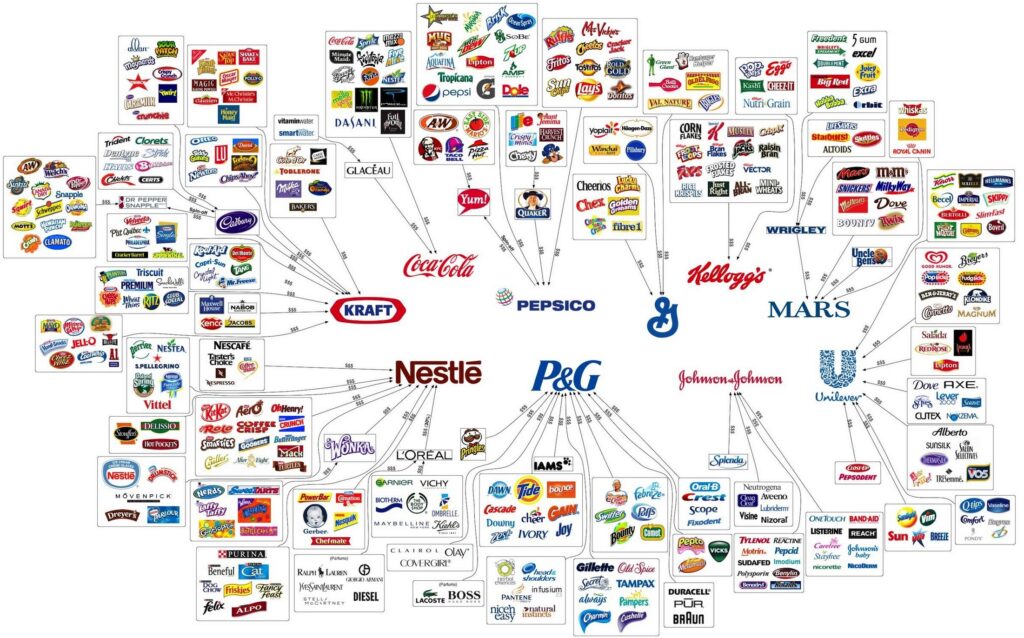Most Appalachians raised in coal country can easily describe what a “company town” is. They are littered throughout Appalachia, rows of identically built houses with a few larger homes built on the hillsides for the shift foremen and superintendents. Company towns existed during a time in our history when the coal companies ruled our lives. They paid our grandfathers in company scrip rather than U.S. dollars and built a system in which they could make money not just on their labor, but their family’s need for food and shelter. It was a life of misery for our people; long hours spent working at the mine in dangerous conditions with the threat of eviction from company owned housing constantly held over their heads. There was no place to go with only company scrip in their pockets.
We know too, that our people fought back. They formed unions to end the abusive economic serfdom imposed upon them. Thanks to the strong will of our ancestors, the era of company owned towns ended—or so we think.
Today, small businesses are on the decline, leading to increased employment at large corporations. Wages earned are then spent at grocery store chains and housing that often involves a 30-year debt sentence to national and multi-national banks.
Right now in the U.S., 10% of the population owns 76% of the nation’s net worth. If we were to think about that in terms of a small town with 1,000 people, 100 people would own 76% of the town, leaving 900 people to split up the remaining 24%. A few of those 100 would own the most, with the remainder going to the managers and their families. Those 100 would own the property and charge people rent, they’d own the banks and charge people interest, they’d own the stores and make profits off the goods they sold, including food and medicine. In other words, 100 people turn the remaining 900 people into their economic cattle, people to make money off of any way they can.
It’s not too difficult to see that same system existing on a larger scale within our national economy.

While it is true that we have more job choices and we can take the money we earn and spend it at a multitude of different stores in different places, if we trace the flow of money, it still ends up in the pockets of just a few rich owners. The company town has simply become larger, encompassing an entire nation, fragmenting into multiple names and subsidiaries to give people the illusion of choice. Just look who owns our food and healthcare product for instance.
From the workers perspective, we are still living in a company town, trading our labor for money that we must then use to purchase our family’s basic necessities. If we’ve not played the game right, and we miss a rent payment or two, or a mortgage payment or two, we can be evicted and our families are put out on the streets.
It would appear as though the rich and powerful of this nation have succeeded in turning the economy into their own perfect system, one in which they make money off of our labors and then make money off of our purchases. They even have us chasing the illusion of happiness fed to us through non-stop advertising that warps our understanding of self-worth to benefit their profits.
There is a way out, but it isn’t easy.
It starts with realizing the problem and then finding ways to eliminate our debts and procure multiple sources of income. In other words, we shouldn’t be placing all of our eggs in one basket that’s owned by someone else.
Debt elimination comes largely from scaling down our materialistic lifestyles. Ask yourself, how big does my house really have to be? How much does my truck have to look like one in a magazine or how fast does my car have to go? Do I really think people actually admire me more for the things I have and the clothes I wear? (If the answer to that last question is yes, start hanging out with better people)
We used to admire people for their willingness to go without, especially when it was for the purpose of giving to others. It was called selflessness. But living simply and giving to others interrupts the system; it eliminates someone’s ability to make a profit.
We have to stop supporting this system. The best way is to root out the politicians who are paid to maintain it for the companies. Campaign contributions by for-profit corporations or their industry associations should be outlawed. But until that happens, we should all be paying attention to which politicians take campaign funds from corporate interests and make sure they never get voted in.
The second way is to go back to our roots.
We need to start thinking in terms of supplying our needs without a dependency on “company scrip.” Income doesn’t have to be pieces of paper or numbers in a bank. It can be the things we need, such as food. More people need to turn their back yards into gardens so they can grow their own healthy food, not spend hundreds of dollars every year trying to make it look like a golf course. Learn how to preserve food, and if everybody gets into it, we can all exchange food. People can develop relationships with their neighbors to lend and borrow tools or barter what they have for things they want or need. That’s what we used to do in small communities, and we were the better for it. We can build our own homes and help others build their homes without mortgages. And there are some great tricks to make homes more efficient that require less electricity to heat and cool. We can find our own sources of water, such as putting in rain catchment systems and cisterns or drilling wells. There’s a lot we can do to be free.
But the first thing we have to do is understand that our lives have been constructed for us for the purpose of making rich people richer. We have to break the illusion that we are better people because we earn more money and can buy more stuff. We must realize we are all living in a company town and we continue to owe our souls to the company store, bet it the bank, the car dealership, or the credit card companies.

